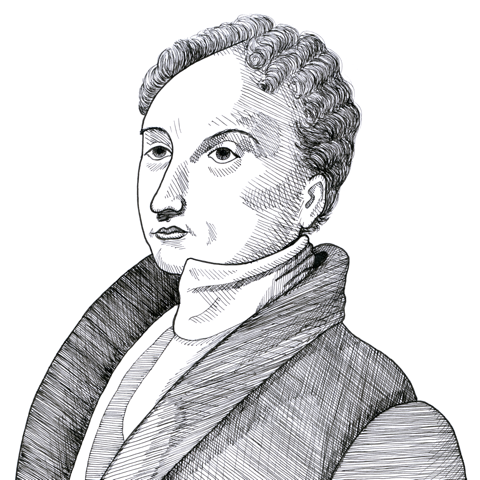
James Mill’s formulation of “Say’s Law” (1808)
Found in: Commerce Defended (1808)
The English Philosophic Radical James Mill (1773-1836) responded to criticism concerning the “unproductiveness” of trade with a spirited defence of commerce which also included one of the clearest statements of “Say’s Law”, that “the production of commodities creates a market for the commodities which have been produced”:
Economics
No proposition however in political œconomy seems to be more certain than this which I am going to announce, how paradoxical soever it may at first sight appear; and if it be true, none undoubtedly can be deemed of more importance. The production of commodities creates, and is the one and universal cause which creates a market for the commodities produced. Let us but consider what is meant by a market. Is any thing else understood by it than that something is ready to be exchanged for the commodity which we would dispose of? When goods are carried to market what is wanted is somebody to buy. But to buy, one must have wherewithal to pay. It is obviously therefore the collective means of payment which exist in the whole nation that constitute the entire market of the nation … (and) the more you increase the annual produce, the more by that very act you extend the national market, the power of purchasing and the actual purchases of the nation.